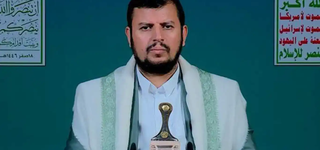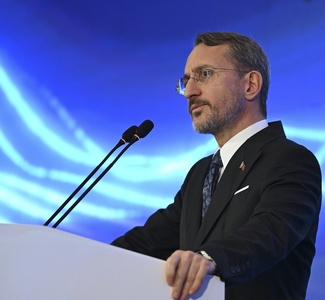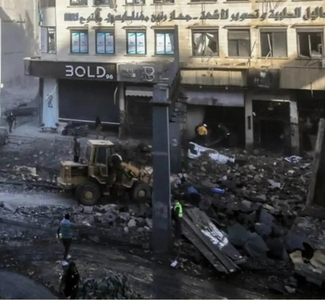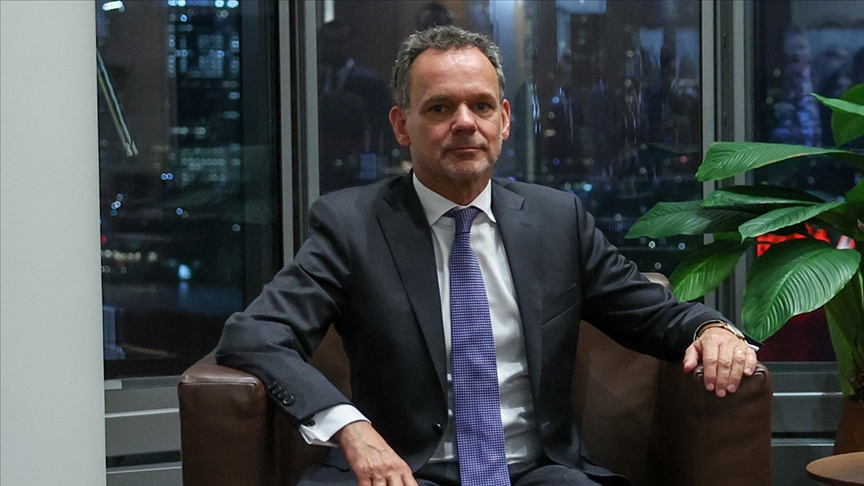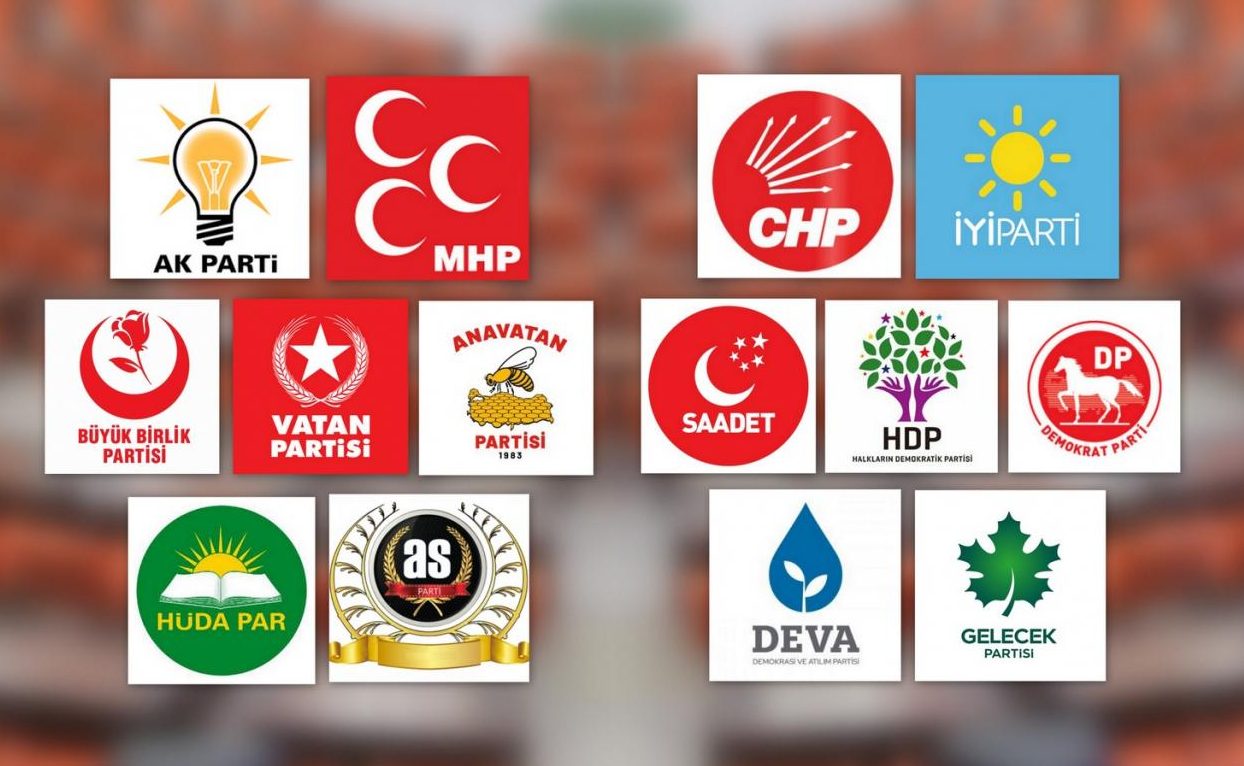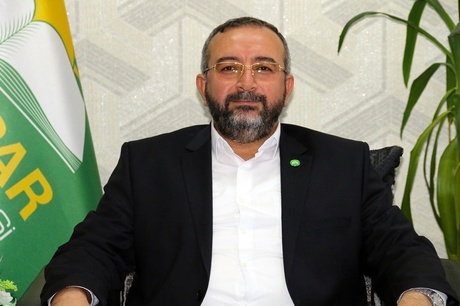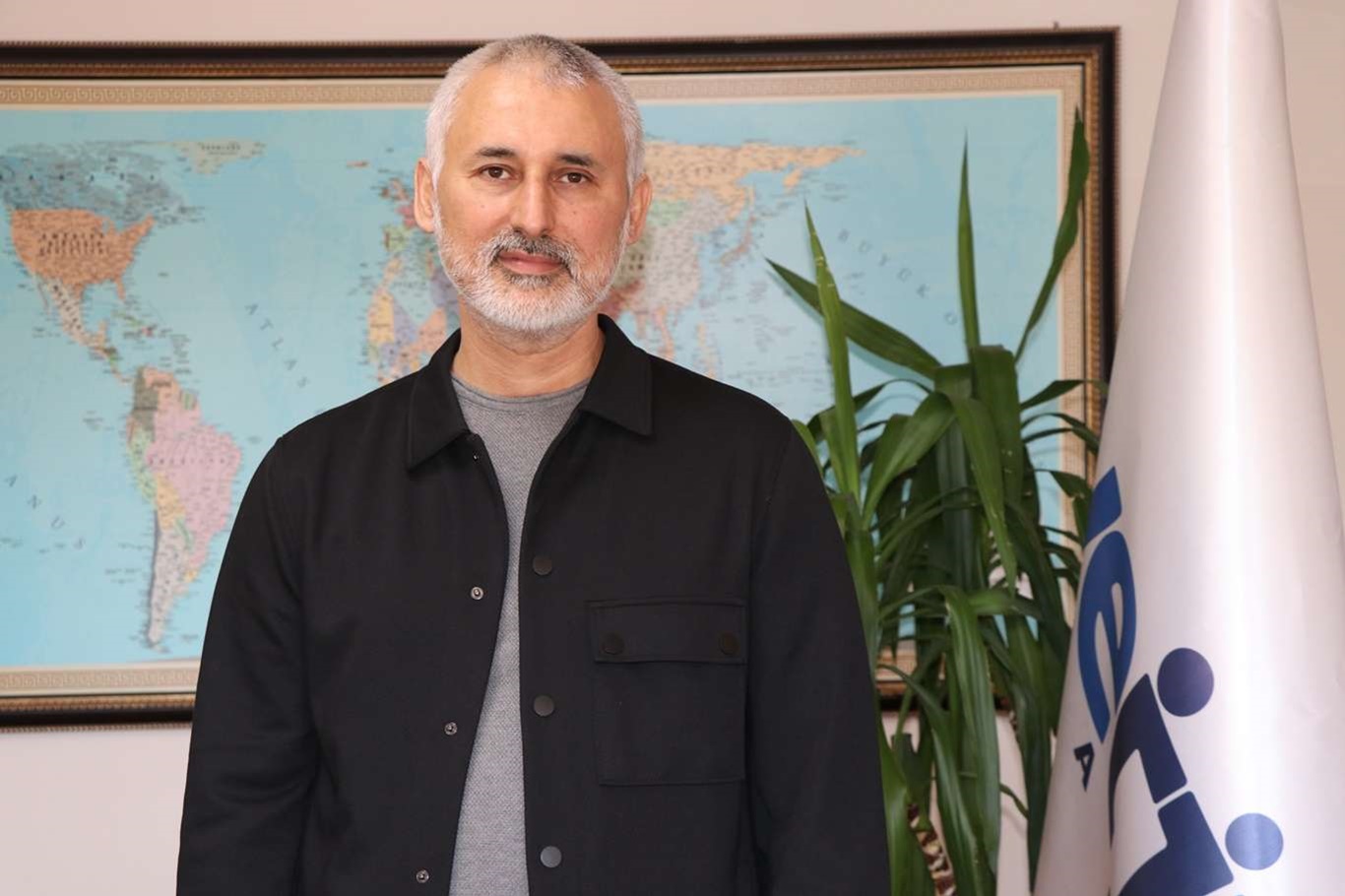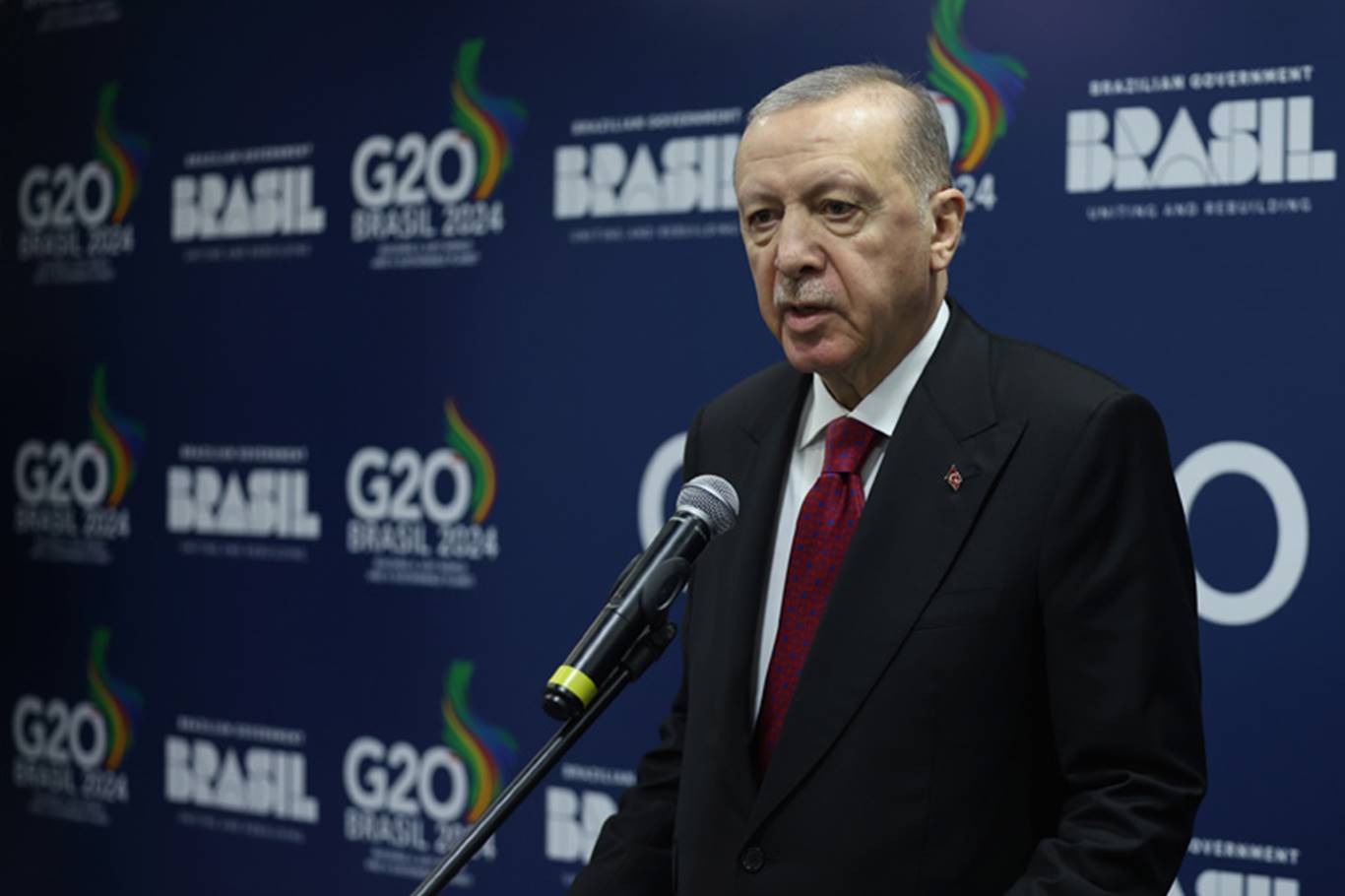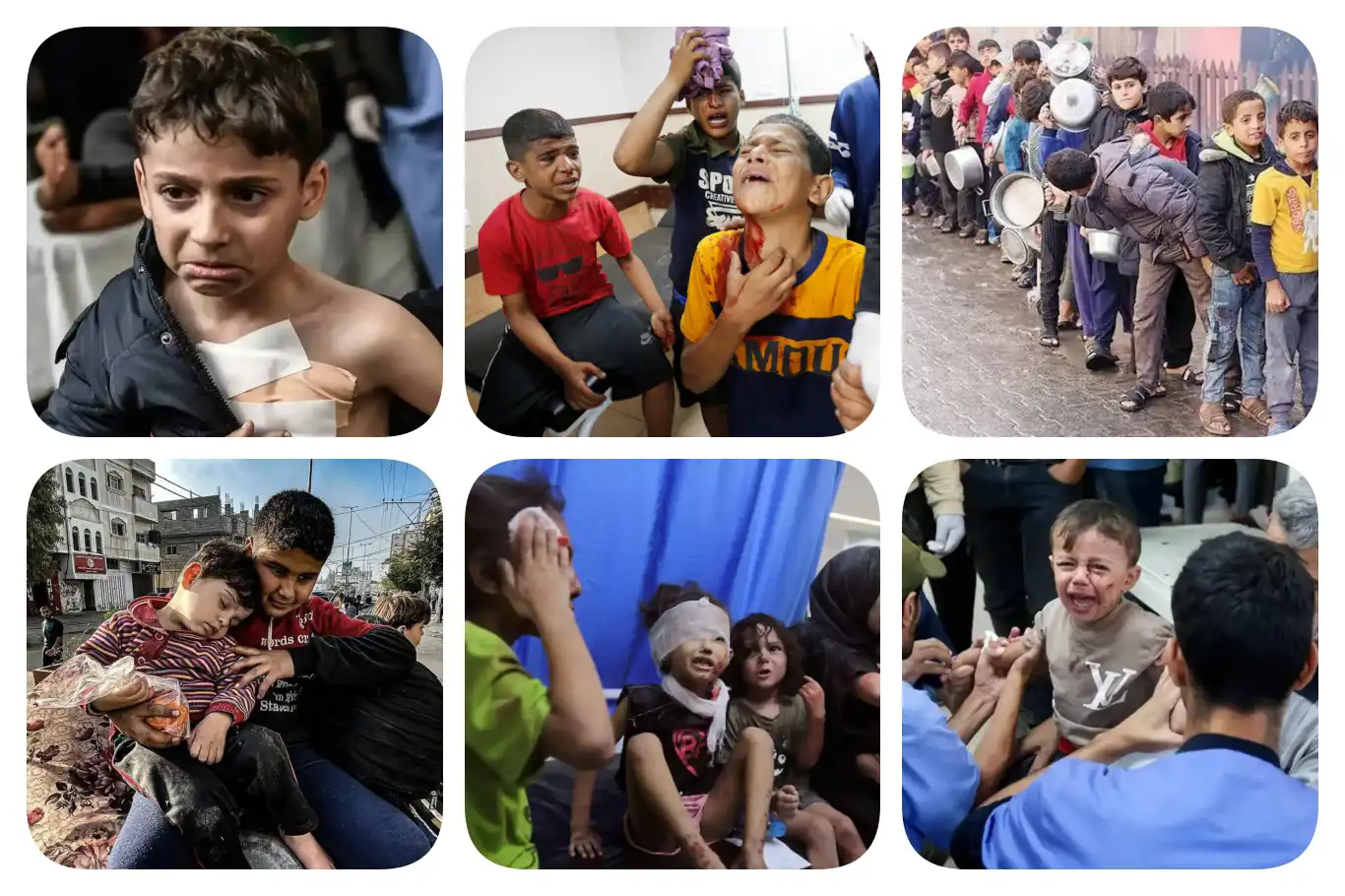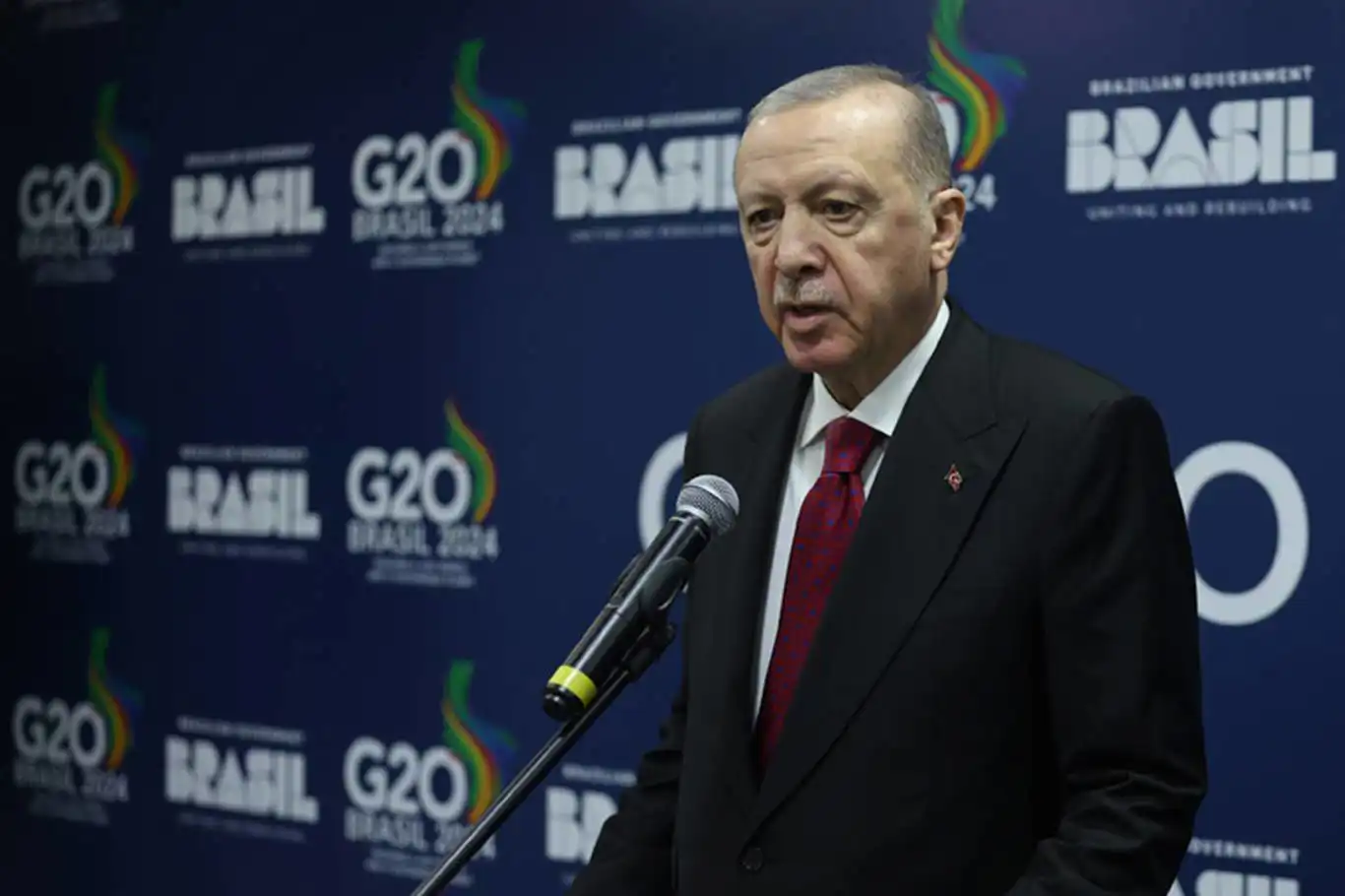Record number of 43.3 million children living in forced displacement, UNICEF reports
According to estimates from UNICEF, by the end of 2022, an unprecedented 43.3 million children were living in forced displacement, with many enduring this plight for their entire childhood.

 Google News'te Doğruhaber'e abone olun.
Google News'te Doğruhaber'e abone olun. "The increase is in step with the consistent onslaught of conflict, crises, and climate disasters around the world. But it also highlights many governments' underwhelming response to ensure every refugee and internally displaced child can keep learning, stay healthy, and develop to their full potential," expressed UNICEF Executive Director Catherine Russell.
The number of children forcibly displaced from their homes has doubled over the past decade, surpassing efforts to include and protect refugee and internally displaced children. The ongoing conflict in Ukraine has been a major driver, forcing more than 2 million Ukrainian children to flee the country and displacing over 1 million children within Ukraine itself.
"For more than a decade, the number of children forced to flee their homes has risen at an alarming rate, and our global capacity to respond remains under serious strain," added Russell.
Out of the 43.3 million forcibly displaced children by the end of 2022, nearly 60% (25.8 million) were internally displaced due to conflict and violence. The number of refugee and asylum-seeking children also reached a new record of 17.5 million, a figure that doesn't even include those newly displaced in 2023, including as a result of the conflict in Sudan. UNICEF estimates that over 940,000 children have been displaced due to the conflict in Sudan to date. Additionally, extreme weather events such as the floods in Pakistan and drought in the Horn of Africa led to an additional 12.0 million displacements of children throughout 2022.
"We have seen sustained change when governments properly invest in the inclusion of displaced children and families. By working together, we can keep them safe, healthy, learning, and protected," emphasized Russell.
Internally displaced and refugee children face severe vulnerabilities, often being denied access to education, healthcare, routine immunization, and social protection.
"For more than a decade, the number of children forced to flee their homes has risen at an alarming rate, and our global capacity to respond remains under serious strain," reiterated Russell.
Displacement is increasingly becoming a protracted situation for many children, as most of them will spend their entire childhoods in such conditions. The rise in climate-induced displacement is expected to accelerate unless urgent action is taken to mitigate global warming and support communities on the frontlines of the climate crisis.
"A record number of refugee, migrant, and displaced children demands a commensurate response. We have seen sustained change when governments properly invest in the inclusion of displaced children and families. By working together, we can keep them safe, healthy, learning, and protected," emphasized Russell.
The pressing need to address the challenges faced by displaced children requires a collective effort and a comprehensive response from governments and international organizations. By prioritizing the well-being, protection, and future prospects of these children, it is possible to provide them with the safety, support, and opportunities they deserve. (ILKHA)































